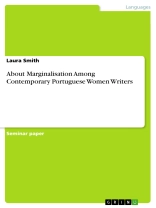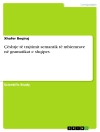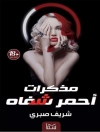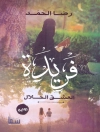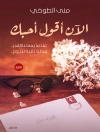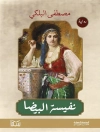Seminar paper from the year 2015 in the subject Romance Studies – Portuguese Studies, grade: 62, University of Birmingham, course: BA Modern Languages, language: English, abstract: “The great art of writing consists in selecting what is most stimulant from the works of our predecessors, and in uniting the gathered beauties in a new whole, more interesting than the tributary models.” (Anon: 1797b, 451). This anonymous eighteenth-century reviewer demonstrates why a pre-existing literary tradition is so important for authors. If, however, the ‘works of our predecessors’ refers solely or predominantly to the works of men, from what literary tradition does a modern female author draw? The lack of literary ancestors for Portuguese women has resulted in a culture dominated by the works of men, in which the few women writers struggle for success. The level of marginalisation experienced by Portuguese women in particular is indeed higher than that of other women when one considers the effects of the censorship laws of the Estado Novo dictatorship. The traditionalist and conservative views of a Roman Catholic State frowned upon women as authors and it wasn’t until the Carnation Revolution of April 25th 1974, which overthrew the regime, that women were to have the chance to write freely.
Laura Smith
About Marginalisation Among Contemporary Portuguese Women Writers [PDF ebook]
About Marginalisation Among Contemporary Portuguese Women Writers [PDF ebook]
Mua cuốn sách điện tử này và nhận thêm 1 cuốn MIỄN PHÍ!
Ngôn ngữ Anh ● định dạng PDF ● ISBN 9783656945550 ● Kích thước tập tin 0.2 MB ● Nhà xuất bản GRIN Verlag ● Thành phố München ● Quốc gia DE ● Được phát hành 2015 ● Phiên bản 1 ● Có thể tải xuống 24 tháng ● Tiền tệ EUR ● TÔI 4159764 ● Sao chép bảo vệ không có
